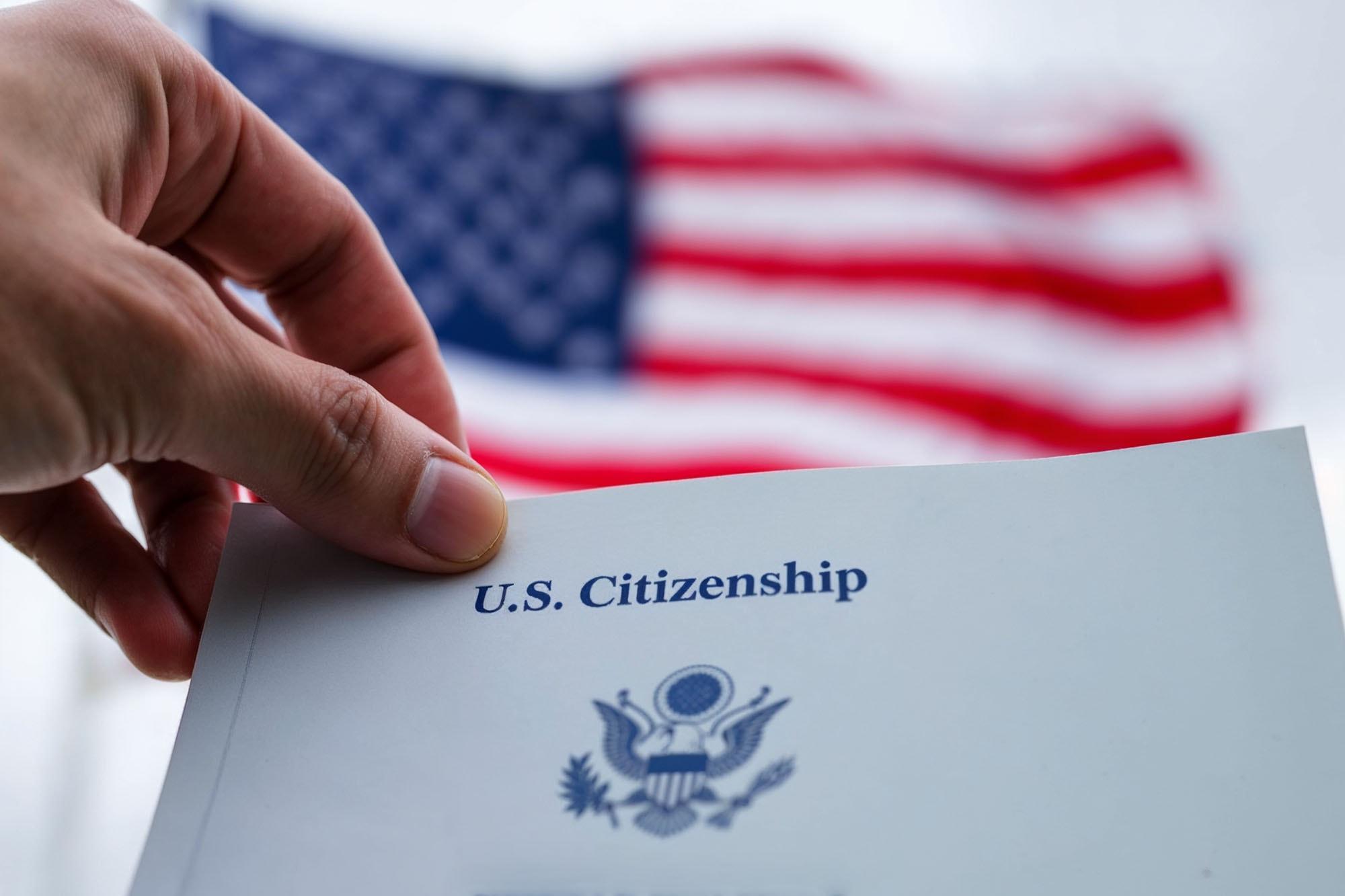A big policy change is redefining one of the key requirements for U.S. citizenship: good moral character is now to be considered for U.S. citizenship, rather than the absence of it. As of August 15, 2025, the Trump administration is requiring that USCIS take a more “holistic” approach in determining whether to afford U.S. citizenship to foreign nationals. Although good moral character was always a consideration for citizenship, previously, the USCIS must not only weigh disqualifying behavior but also take into account positive attributes and consider whether individuals have a good standing in their community.
This new policy moves away negative moral conduct that would impugn the ability to be viewed as having good moral character and rather into a comprehensive review that will require USCIS officers to consider a broader range of factors, including an applicant’s positive good moral conduct, including contributions to their community, and their willingness to adopt America’s culture, history, and moral standards. This means the evaluation is no longer just about avoiding negative marks; it’s about demonstrating positive ones. For the millions of green card holders who are seeking naturalized American citizenship, understanding this updated character test for citizenship is more important than ever to ensure a successful outcome.
What is Good Moral Character?
The requirement to have good moral character for U.S. citizenship has been a fundamental part of U.S. immigration law for decades and codified in the Immigration and Nationality Act. While previously certain acts would impact a finding or good moral character, such as a crime or failure to file or pay taxes, these were more concrete acts that would result in a negative finding of good moral character. Now, good moral character may well mean an interpreted non-clear personal standard of behavior and values measured against that of average citizens in the community. The review period is typically 5 years prior to the application or 3 years for spouses of U.S. citizens. The period continues up to the taking of the naturalization oath. These new rules allow officers to go back further in time if allegedly relevant to the applicant’s present character.
Assessing good moral character is now a balancing act of an individual’s entire record. While the absence of criminal convictions is still important, the new policy empowers officers to weigh a range of positive factors that help applicants demonstrate good moral character. USCIS now directs its officers to consider both positive and negative “attributed or contributions” in determining eligibility for naturalization. These factors include concrete evidence of sustained community involvement—such as volunteering at a local charity, coaching a youth team, or participating in neighborhood groups. Officers will also look for strong family ties, proof of U.S. educational attainment, stable employment history, and meticulous compliance with all tax obligations. By redefining good moral character from a checklist to a review of a person’s life, it opens this up to interpretation and a vague legal standard.
How USCIS Will Evaluate Good Moral Character in 2025
The change is enormous and will significantly impact how USCIS processes immigrant applications for U.S. citizenship. The Presidential Memorandum’s instruction for officers to consider all relevant evidence, both adverse and favorable, before granting or denying naturalization. This holistic approach affords officers enormous discretion and lacks clear legal outlines. The disqualifications are divided into two categories:
- Permanent Bars: These are the most serious offenses that permanently bar an applicant from ever establishing good moral character. This is an unforgiving category for which no amount of rehabilitation can overcome the statutory bar. The list of permanent bars, like murders, aggravated felonies, and acts of persecution or genocide, is absolute. The term “aggravated felony” is very broad under immigration law and can include offenses like drug trafficking, certain theft crimes, and crimes of violence. The basis of disqualification is not changed by the current policy and has always been part of the good moral character assessment.
- Conditional Bars: These are actions that create a strong but rebuttable presumption that an applicant lacks the required character. The burden of proof shifts squarely to the applicant to demonstrate with compelling evidence that they have reformed. Common conditional bars include DUIs, providing false testimony to gain an immigration benefit, failing to pay court-ordered child support, or having a history of illegal gambling. Overcoming these bars requires extensive documentation such as court orders showing all penalties have been paid, certificates from rehabilitation programs and proof of consistent, timely child support payments.
In a statement, USCIS Chief Spokesperson Matthew Tragesser said the policy is designed to “restore” a high standard for citizenship. This means the administration is moving beyond simple criminal checks to a more thorough vetting of an applicant’s entire life.
What This Means for Applicants
For the hundreds of thousands of immigrants who apply for naturalization every year, this adds a layer of complexity and uncertainty. One of the most controversial aspects is the potential scrutiny of applicants’ social media accounts and expressed beliefs. This has led to widespread concern that an individual could be labeled anti-American for political speech that is protected by the U.S. Constitution.
Furthermore, the administration has signaled its intent to aggressively pursue denaturalization proceedings against individuals found to have misrepresented themselves or to have been ineligible for citizenship at the time of their naturalization. This means the stakes are higher for all good moral character applicants.
Controversies, Context, and Legal Challenges
Legal advocates and those who represent immigrants argue that the administration is creating a system of benefits based on personal beliefs without clear guidelines. It is also feared that politics and ideological beliefs can now be interjected into what should be a legal process. A former senior USCIS official, Doug Rand, warned the new standards could “encompass extremely harmless behavior.” This concern over “extremely harmless behavior” highlights the risk of overreach, where minor infractions, personal disputes, or misunderstood online activity, as well as constitutionally protected speech and political opinions, could be grounds for denial of naturalization. Without clear guardrails, different USCIS field offices could have substantially different outcomes for similar cases.
Practical Steps and Professional Guidance
Applicants should assemble a comprehensive file that showcases their life in the U.S. This includes letters of support from employers and community leaders, records of volunteer hours, proof of financial stability and responsibility, and affidavits from friends and family who can vouch for their character. USCIS will presumably give significant weight to this affirmative evidence when evaluating good moral character.
Working with an experienced immigration attorney is more important than ever. An attorney can help identify potential issues in an applicant’s history, address them head-on with legal arguments and evidence of rehabilitation, and make the application as strong as possible.
At Oltarsh & Associates, we specialize in helping clients meet the new test for citizenship applicants so they are prepared for the intense scrutiny of the new USCIS process and can achieve their citizenship goals.





